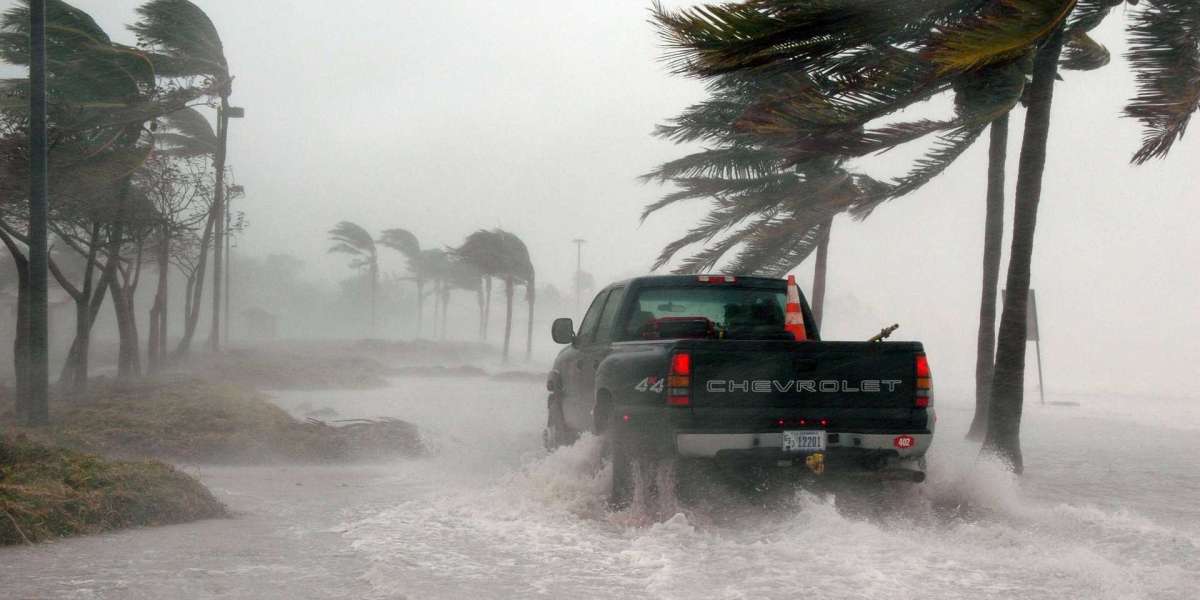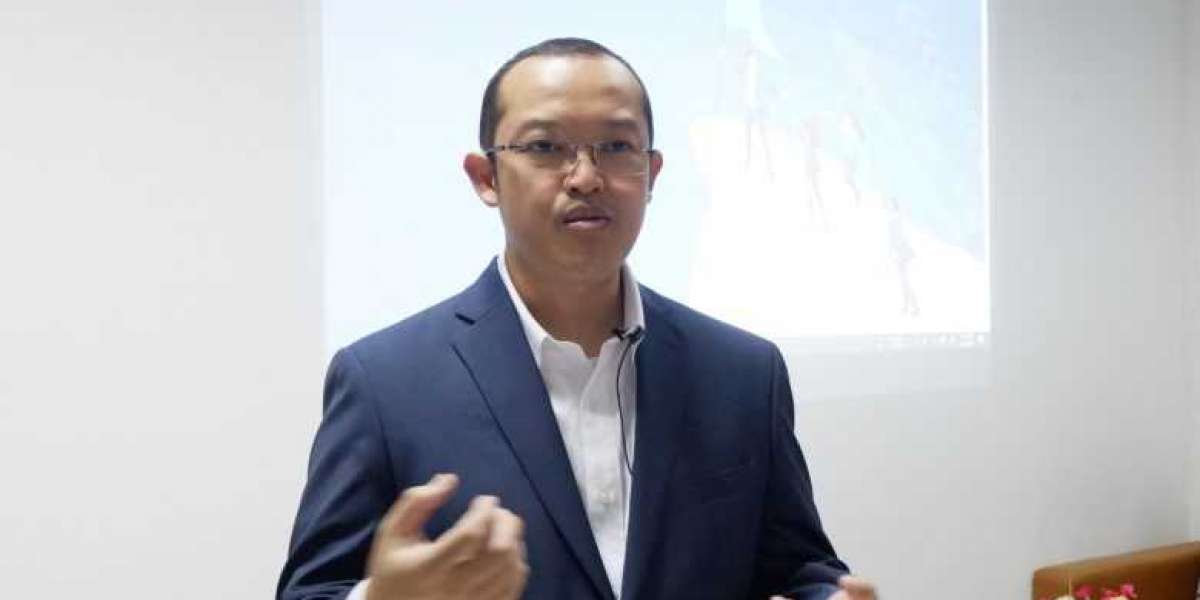Florida’s Republican Governor Ron DeSantis has signed into law a bill that requires state colleges and universities to “conduct an annual assessment of the intellectual freedom and viewpoint diversity” via a survey of students and enables students who feel their freedom of speech has been violated to sue the university. He said to University World News that rather than expose people to “to a lot of different ideas”, such places now instead behave like “really intellectually repressive environments”. The American Association of University Professors (AAUP) and legal scholars claim that the law could have a “chilling effect” on professors and students.
The law was sponsored by several Republican lawmakers, who say that they have heard from students who say they have self-censored “for fear of saying something that was politically unpopular”. Senator Ray Rodrigues told University World News that “We have a responsibility to teach students to think for themselves rather than indoctrinating them on what to think”. Mark Criley, senior program officer with the AAUP, stated to University World News that there is “no evidence that universities are indoctrinating students”. The article says that neither DeSantis nor Rodrigues have offered evidence that Florida’s universities and colleges are, in fact, less than intellectually diverse institutions.
Senator Lori Berman, who represents a district 60 miles north of Miami, raised concerns about whether information in the survey could be used to determine who should “be promoted or fired because of their political beliefs”. Rodrigues said it would not, because the information would be anonymous.
Unlike university systems of Colorado and South Dakota that have similar survey regimens, Florida students are allowed to sue for damages if their “expressive rights” have been violated, and to “record video or audio of class lectures” with a provided complaint. It can be done without the instructor’s or the other student’s consent or knowledge.
As defined by the US Supreme Court, academic freedom has four pillars: the school is allowed to decide who can come there, who can teach there, what is taught, and how it will be taught.









